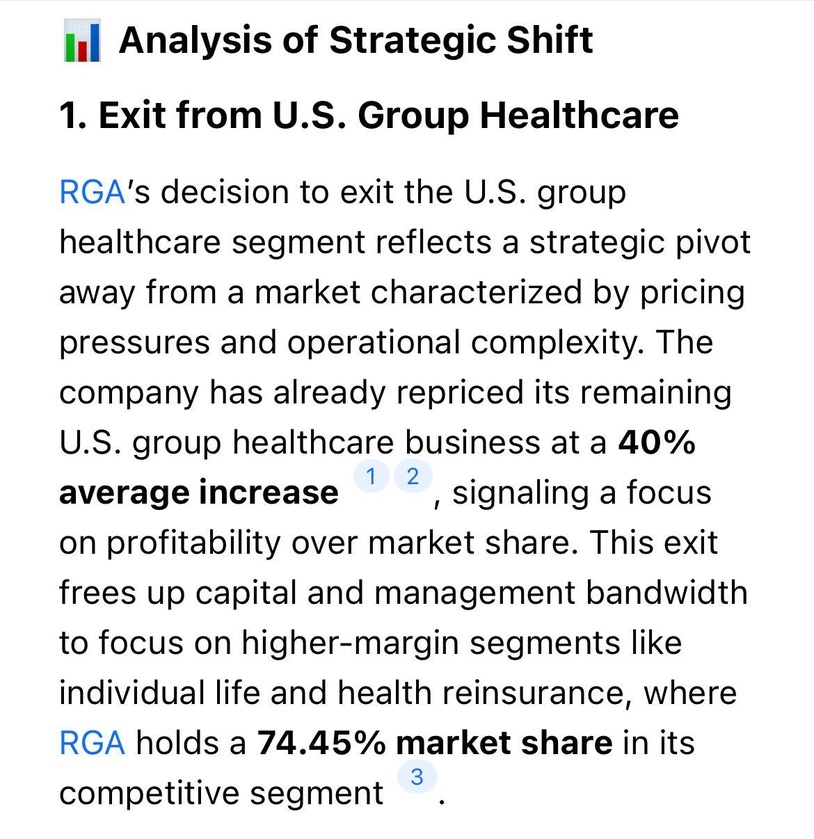
We know what’s coming and we are prepared.
🇩🇪🇺🇸 Where’s the gold? Germany’s conservatives sound the alarm over reserves in the US
Can the United States be trusted with Germany’s gold?
[S]ome politicians in Germany are worried that what was for decades seen as one of the world’s most reliable storehouses might not be so secure after all.
Germany holds the world’s second-largest gold reserves, and keeps 37 percent of them — some 1,236 metric tons, worth €113 billion — in the vaults of the New York Federal Reserve. Those holdings of precious metal guarantee that, should the need ever arise, the Bundesbank has access to something it can change into U.S. dollars (or any other hard currency).
The very idea that they might not be safe would have been considered ridiculous from 1945 ... until a couple of weeks ago. But the certainties of Germany’s postwar existence have been turned on their head and — as the recent scrapping of a notorious cap on public borrowing showed — the unthinkable is suddenly very thinkable indeed. All the more so given evidence of U.S. President Donald Trump’s willingness to push the limits of his powers and assert presidential primacy over the judicial system.
German tabloid Bild, owned by POLITICO parent company Axel Springer, reported on Thursday that outgoing Christian Democratic Union (CDU) lawmaker Marco Wanderwitz is one of those concerned.
Already in 2012, Wanderwitz had unsuccessfully requested to inspect the gold holdings as part of an effort to pressure the bank to either take a more active role as a custodian, or to repatriate it to Germany.
“Of course, the question now arises again,” Wanderwitz said in comments reported by Bild.
https://www.politico.eu/article/gold-germany-conservatives-sound-alarm-over-reserves-usa/
This guy wrote a 25 line Python script he claims "can probably unredact all of the Epstein files in less than 30 seconds".
"I am not suicidal, I am a great swimmer, and I look forward to living my life well into my 80s."
Follow @RealWideAwakeMedia for more content like this!
Merch: https://wideawake.clothing
X | YT | IG | Rumble
If you’re a parent, this should make your stomach drop!
Every year, millions of families across America proudly display school photos of their children.
On refrigerators. In picture frames. Sent to grandparents and relatives across the country.
But here’s what most parents are never told…
Those school photos are taken by Lifetouch — the largest school photography company in America.
Lifetouch is owned by Shutterfly.
Shutterfly was acquired by Apollo Global Management.
And Apollo Global Management was co-founded by Leon Black — a name that appears in the Epstein files.
That means millions of children’s images are uploaded into databases every single year by a corporate structure tied to someone connected to Epstein.
Let that sink in!
https://vxtwitter.com/i/status/2019500982997041332
Reinsurance Group of America (RGA) exits its US healthcare business after a 40% price increase focused on profitability rather than market share.
I wonder what could be the cause?🤡
EDWARD DOWD




















